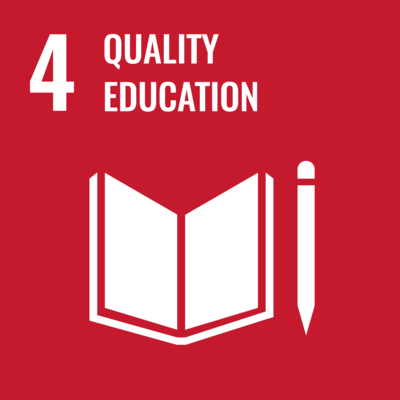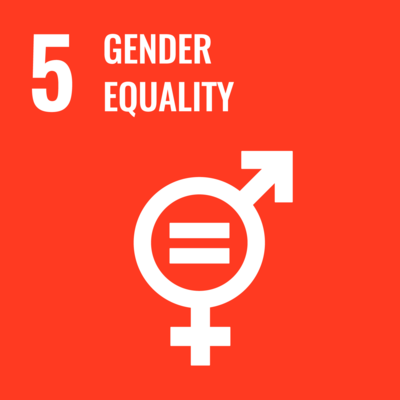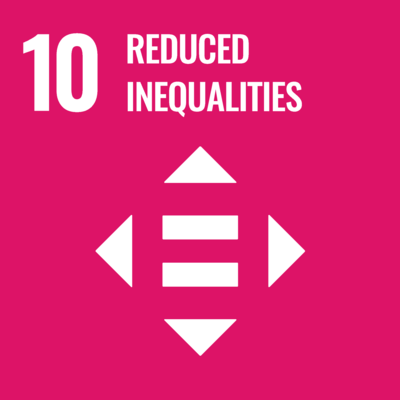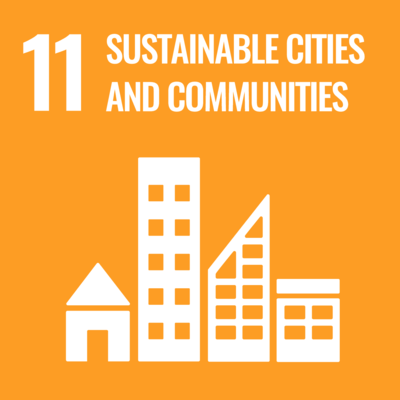SDG 4.4.1 Proportion of first-generation students
Number of students starting a degree
In 2023, the Full-Time Equivalent (FTE) number of students starting their degrees was as follows:
1. Bachelor's degree programs: 1,168 students.
2. Master's degree programs: 684 students.
3. Doctoral degree programs: 80 student.
Please refer to Figure 1 for details.
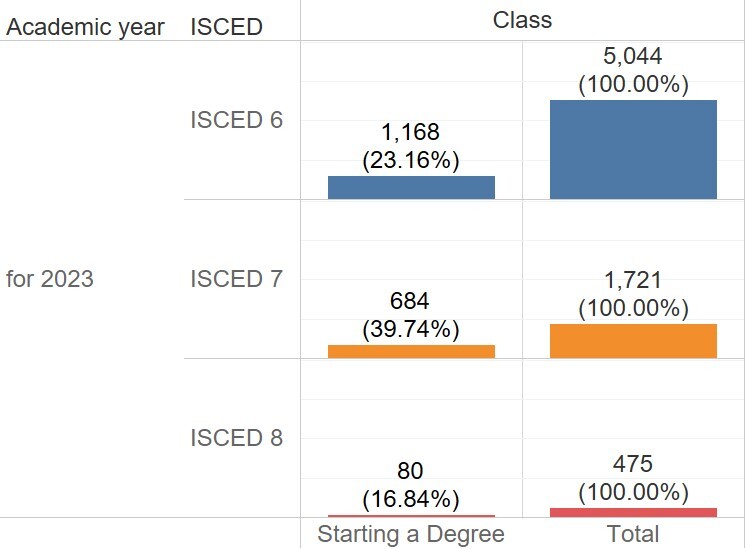
Figure 1. 2023 Student starting a degree of NCUE
Number of first-generation students starting a degree
In 2023, among full-time students, 644 were first-generation students starting a degree, representing 33.33% of the total 1,932 students (see Table 1 and Figure 2).
Table 1. 2023 Number of first-generation students starting a degree
|
Program Level |
Number of First-Generation Students |
Total First-Year Students |
Percentage |
|
ISCED6 |
230 |
1,168 |
19.69% |
|
ISCED7 |
376 |
684 |
54.97% |
|
ISCED8 |
38 |
80 |
47.50% |
|
Total |
644 |
1,932 |
33.33% |
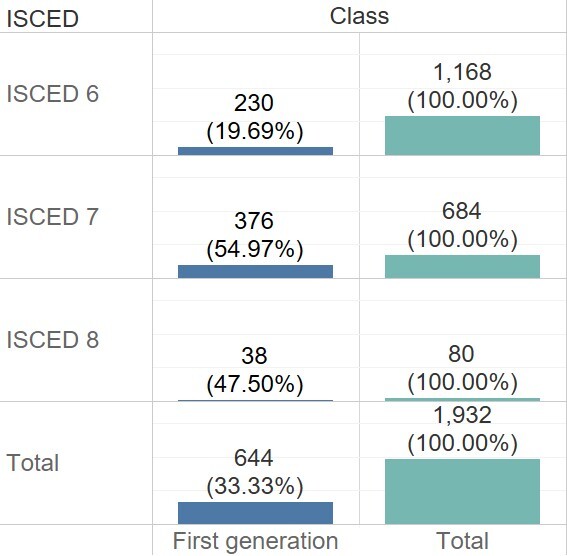
Figure 2. 2023 Number of first-generation students starting a degree
Supplementary Information:
According to the Ministry of the Interior's 18th-week statistical report in 2024, Taiwan's registered population aged 15 and above reached 20.627 million by the end of 2023. Of these, 10.257 million, or 49.7%, held a college degree or higher. Additionally, OECD statistics for 2022 showed that, on average, 42% of people aged 25-64 worldwide had a college degree or higher, while Taiwan's rate stood at 57%, considerably above the average. Among major countries, Taiwan ranked second only to Canada’s 63%, indicating that higher education is quite common in Taiwan.
(https://www.moi.gov.tw/News_Content.aspx?n=2905&s=315404)
Generally, for students aiming to pursue university education, family financial support, alongside their own academic qualifications, plays a crucial factor. A 2018 analysis by Taiwanese scholars on 23-year-old university students found that the average monthly family income of NCUE's students was lower than that of students from 22 other schools.
NCUE has long promoted scholarship and financial aid programs, establishing numerous regulations and policies to support relatively disadvantaged students, including those who are economically disadvantaged, indigenous, new immigrants, and students of different genders. These measures include transportation and accommodation subsidies for entrance examinations, a priority admission mechanism with reduced admission standards, tuition and fee waivers, and internal scholarships. These initiatives help disadvantaged students access education and ensure their learning rights are protected.
Among NCUE’s 1,168 newly admitted undergraduate students (ISCED 6), 156 were economically disadvantaged, representing 13% of the freshman class.




